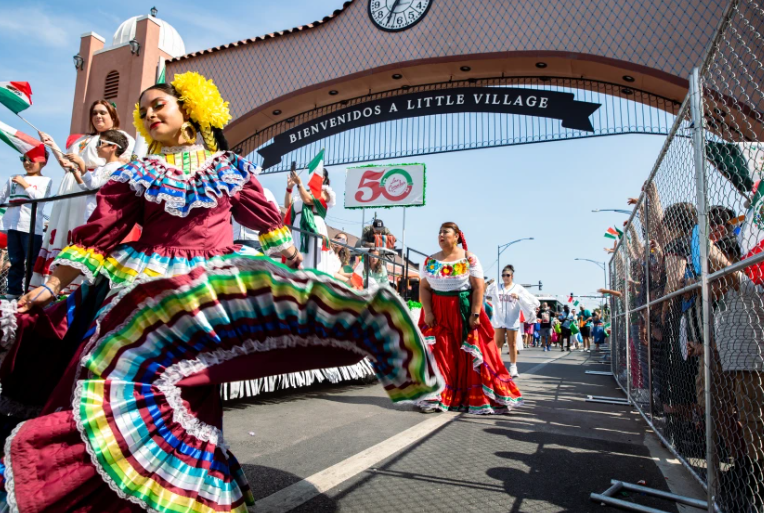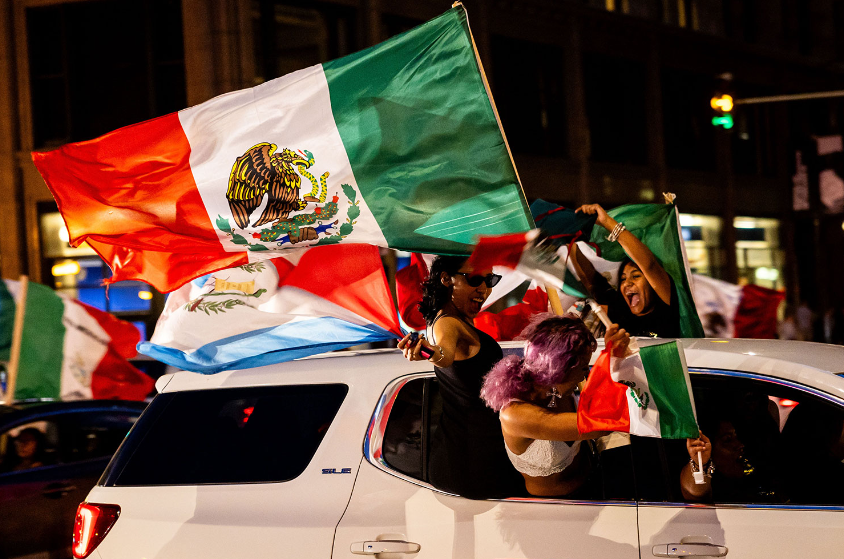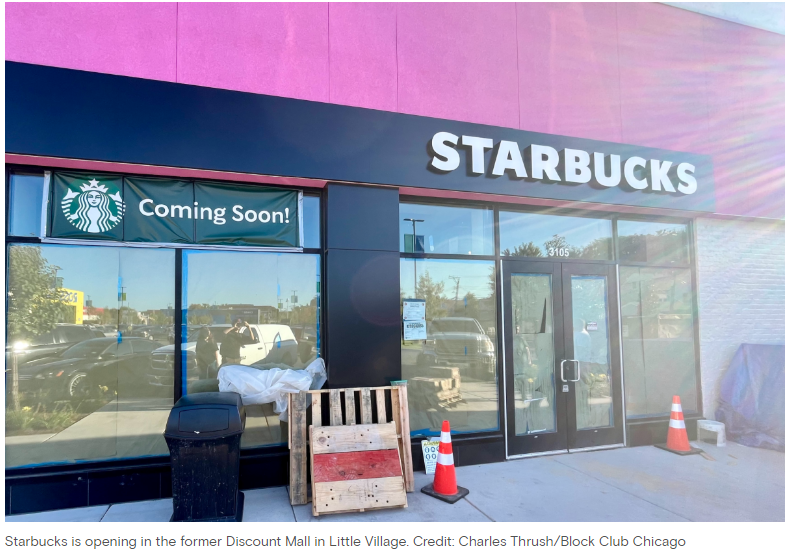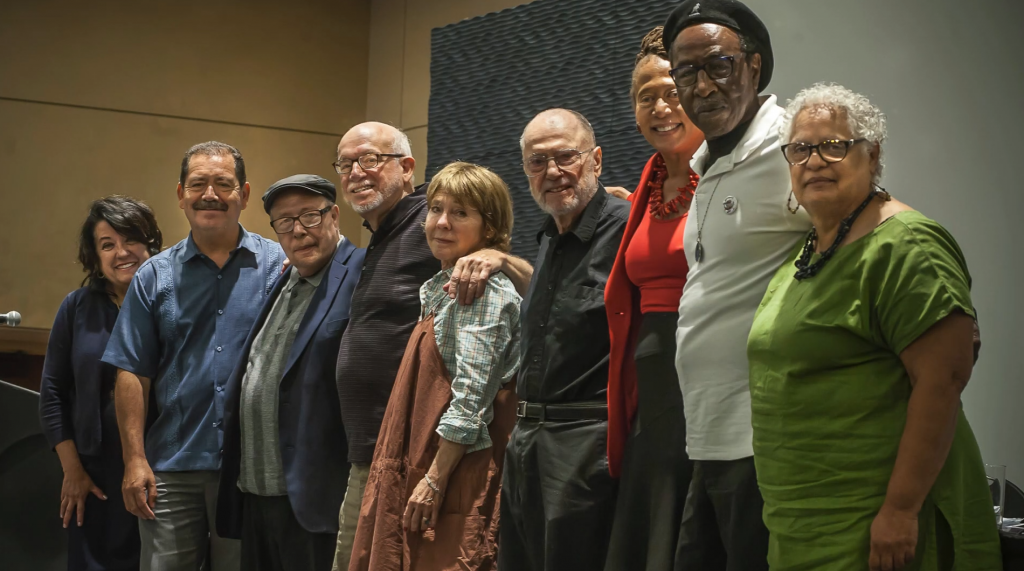
The Chicago Sun-Times covers the GCI report Fuerza Mexicana: The Past, Present, and Power of Mexicans in Chicagoland. GCI Senior Fellow Juan González and UIC assistant professor Daysi Ximena Diaz-Strong speak about how the report elevates Chicago’s Mexican community in ways not previously seen before.
From Chicago Sun Times (To go to the actual article, please click on this link.)










